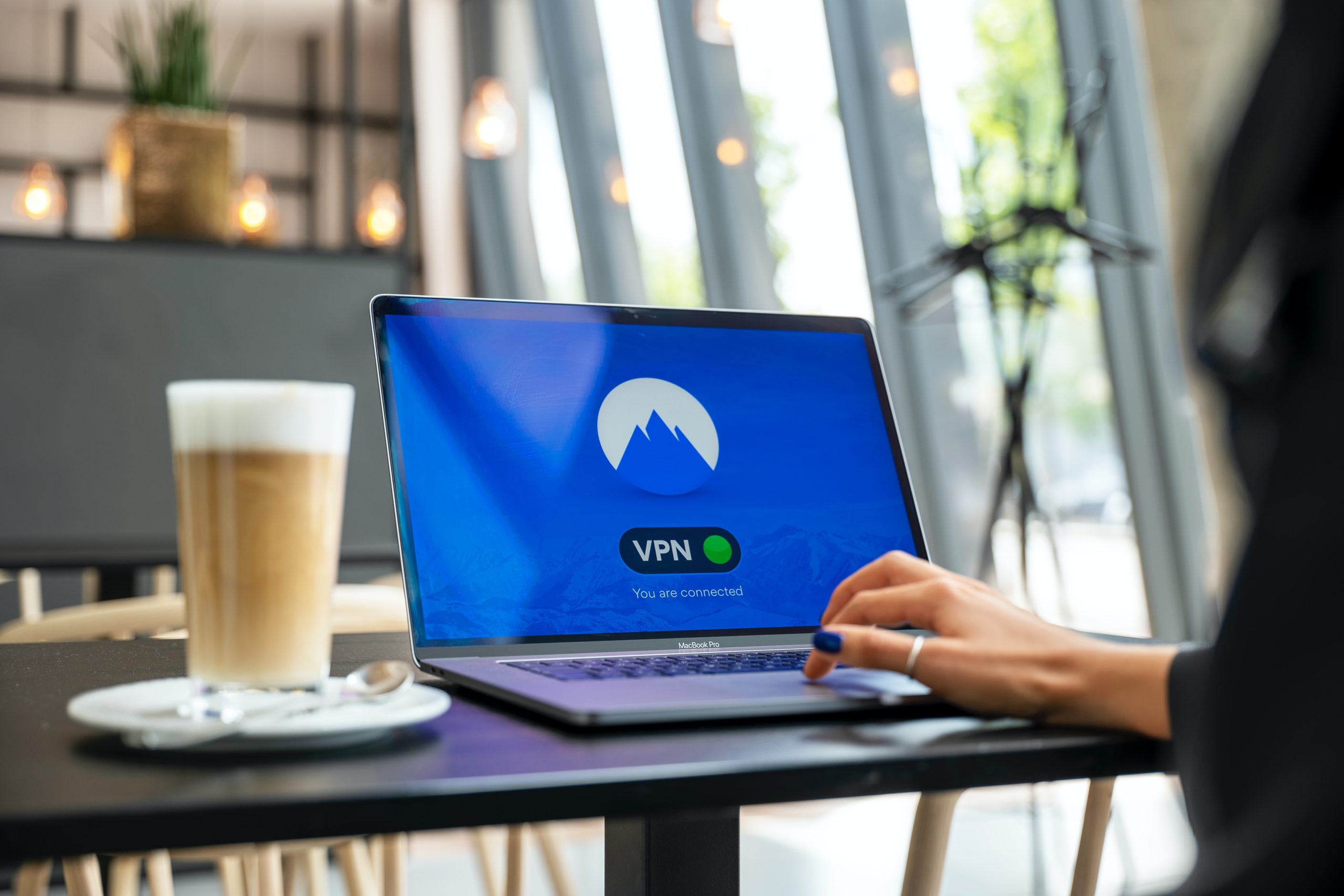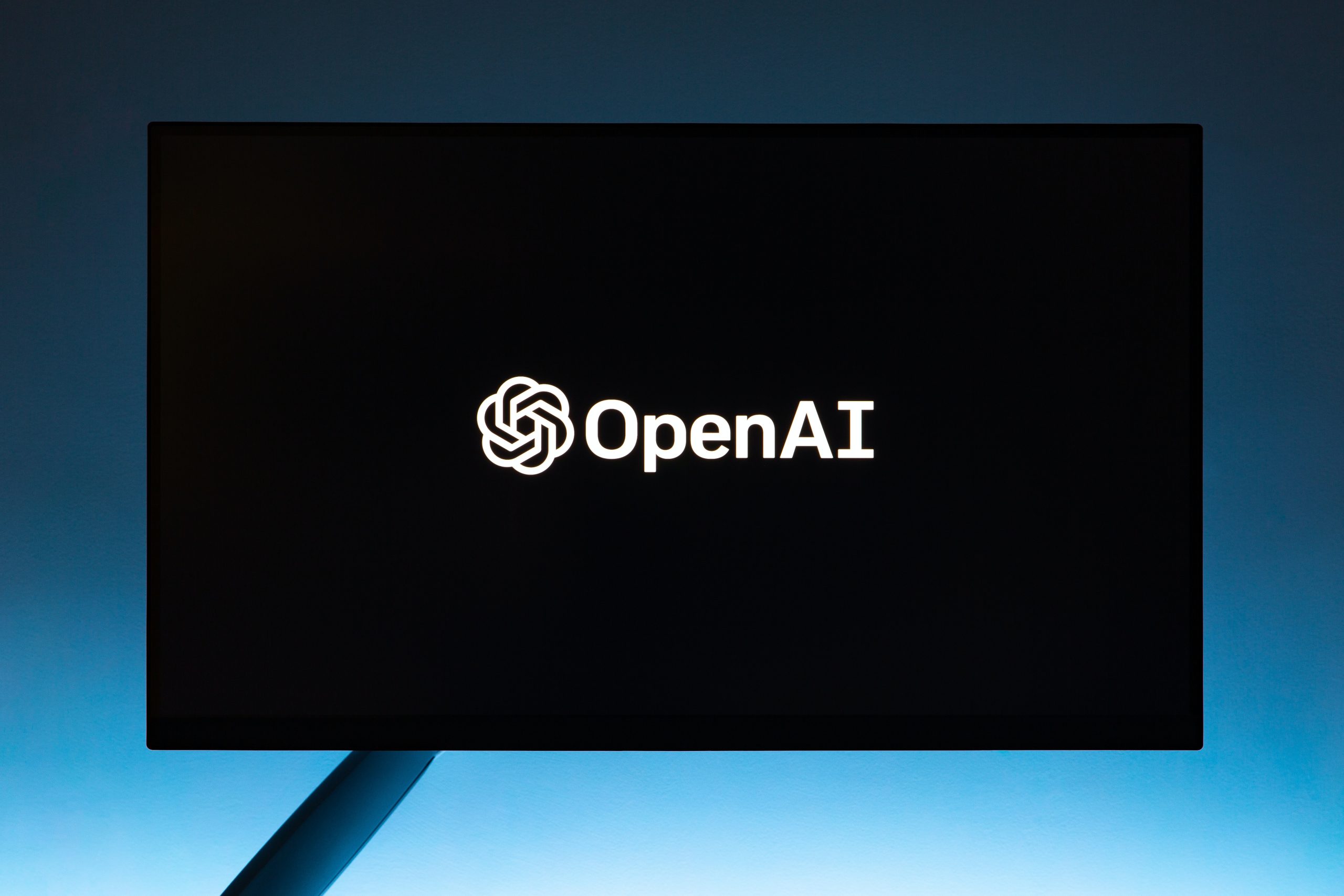As technology continues to advance, artificial intelligence (AI) and virtual private network (VPN) technology have become increasingly prevalent. AI has revolutionized the way we interact with machines and has enabled us to automate complex tasks that were once impossible, while VPNs provide a secure connection for users to access the internet privately.
But what does the future hold for these two technologies? Will AI continue to develop at an exponential rate and outpace our ability to control it? Will VPNs become more widely used as privacy concerns continue to grow in importance? In this article, we will explore the potential paths that AI and VPN technology may take in the coming years.
The intersection of AI and VPN
AI and VPN are two technologies that have become increasingly important in modern society. Artificial intelligence has the ability to analyze large amounts of data quickly and accurately, while VPNs provide a secure connection for users to access the internet from anywhere in the world. The intersection of these two technologies could lead to some exciting developments in the future.
One potential application of AI in VPN technology is improving security measures. By using machine learning algorithms, VPN providers can detect patterns and behaviors that indicate suspicious activity on their network. This could help prevent cyber attacks and data breaches before they occur, providing an additional layer of protection for users.
Another area where AI and VPN could intersect is in improving network performance. By analyzing user behavior, an AI system can optimize VPN connections to provide faster speeds and reduce latency. Ultimately, this could lead to a more seamless experience for users who rely on VPNs for remote work or accessing geo-restricted content.
Overall, the future looks promising for the intersection of AI and VPN technology. As both industries continue to evolve, it will be interesting to see how they work together to create new possibilities for businesses and individuals alike.

The current state of AI in VPN technology
AI is already playing a significant role in VPN technology. With the increasing demand for secure online connectivity, VPN providers are leveraging AI to enhance their services. One area where AI is making a difference is in traffic optimization. By analyzing network data and user behavior patterns, algorithms can identify the best servers to route traffic through, resulting in faster connection speeds and better performance.
Another way AI is being used in VPN technology is for threat detection and prevention. Machine learning algorithms can analyze network traffic to detect suspicious activity and identify potential security threats. This not only helps protect users’ sensitive information but also enables VPN providers to respond quickly to new threats as they emerge.
Looking ahead, it’s clear that AI will continue to play a crucial role in the evolution of VPN technology. As cyberattacks become more sophisticated, VPN providers will need even more advanced tools and techniques to keep their users safe online. By integrating AI into their solutions, these companies can stay one step ahead of cybercriminals while providing fast, reliable connectivity for users around the world.
Advancements in AI for VPNs
VPN technology has been around for decades, but the integration of AI is a relatively new development. With advancements in machine learning and predictive analytics, VPN providers are now able to offer more customized and efficient services to their customers. AI-powered VPNs can analyze user behavior patterns and automatically adjust settings to optimize speed and security.
One key benefit of AI for VPNs is its ability to detect and prevent cyber attacks. By analyzing traffic patterns, an AI-powered VPN can identify potential threats in real-time and take action before they become a serious issue. Additionally, AI can help improve overall network performance by monitoring bandwidth usage and optimizing server locations based on user demand.
As the use of VPNs continues to grow worldwide, it’s likely that we’ll see even more advancements in AI technology specifically tailored to this field. From enhanced privacy features to improved connectivity options, there’s no doubt that these developments will play a major role in shaping the future of virtual private networks.

Implications for privacy and security
AI and VPN technology have revolutionized the way we access information, communicate with others and conduct business. While their benefits are undeniable, they also raise concerns about privacy and security. AI has the ability to analyze vast amounts of data, including personal information, which could potentially be misused by hackers or government agencies. This poses a threat to individual privacy and raises questions about who has access to our personal data.
Similarly, VPN technology is designed to protect online privacy by encrypting internet traffic and hiding IP addresses. However, as more people turn to VPNs for protection from surveillance and censorship, there is a growing concern that VPN providers themselves may be collecting user data for their own purposes or sharing it with third parties. This highlights the need for transparency in how VPN companies handle user data.
Overall, the future of AI and VPN technology holds great promise but also brings significant implications for privacy and security. It is important for individuals to stay informed about these developments so they can make informed decisions about how they use these technologies. Additionally, businesses must take responsibility in ensuring that customers’ private data is secure when using their services powered by AI or offered over a VPN network.
Potential uses for AI-enhanced VPNs
The use of AI-enhanced VPNs has significant potential in the field of cybersecurity. These VPNs can leverage machine learning algorithms to identify and prevent cyber threats in real-time. By analyzing vast amounts of data, AI can detect patterns and anomalies that may indicate an attack, enabling the VPN to take quick action to protect the network.
Furthermore, AI-enhanced VPNs have the capability to optimize network performance by predicting traffic patterns and dynamically adjusting server resources based on demand. This can improve user experience and ensure faster connectivity speeds during peak usage times.
Another potential use for AI-enhanced VPNs is in the field of privacy protection. By leveraging machine learning algorithms, these VPNs can identify specific types of data being transmitted and automatically encrypt it if necessary. This enhances overall privacy protection and helps users avoid unintentional data breaches caused by human error or negligence. Overall, AI-enhanced VPNs offer exciting possibilities for optimizing cybersecurity, improving network performance, and enhancing privacy protection in a rapidly evolving digital landscape.

Challenges to implementing AI in VPNs
One of the major challenges in implementing AI in VPNs is data privacy and security. While AI can be highly effective at identifying network threats and anomalies, it requires access to large amounts of sensitive data from users’ devices and network traffic. This creates a potential risk for data breaches or unauthorized access, which could compromise user privacy and expose sensitive information.
Another challenge is the complexity of integrating AI into existing VPN infrastructure. Many VPN providers use different protocols and technologies, which can make it difficult to implement a unified AI solution that works across multiple platforms. Additionally, there may be compatibility issues with legacy systems or software that cannot support advanced AI algorithms.
Finally, there is the issue of cost. Implementing AI in VPNs requires significant investment in hardware, software, and personnel training. Smaller companies may find it difficult to justify this expense when traditional VPN solutions are already available at a lower cost. However, as the benefits of AI become more widely recognized and demand for more robust security solutions increases, it’s likely that we will see wider adoption of this technology in the future.
Conclusion: Balancing benefits with risks
In conclusion, balancing benefits with risks is crucial when it comes to the future of AI and VPN technology. On one hand, AI has the potential to revolutionize multiple industries by increasing efficiency and productivity, but it also poses a threat in terms of job loss and privacy concerns. As such, it is important for companies and governments to implement ethical guidelines and regulations that mitigate these risks while still allowing for innovation.
Similarly, VPN technology offers numerous benefits such as increased security and privacy online, but there are also potential risks associated with its use. For example, some individuals may use VPNs to engage in illegal activities or bypass geographic restrictions on content. Therefore, balancing these benefits with the need to prevent criminal behavior is essential in ensuring that VPN technology continues to be a useful tool while minimizing harm. Overall, finding a balance between benefits and risks will be key in shaping the future of both AI and VPN technology.




